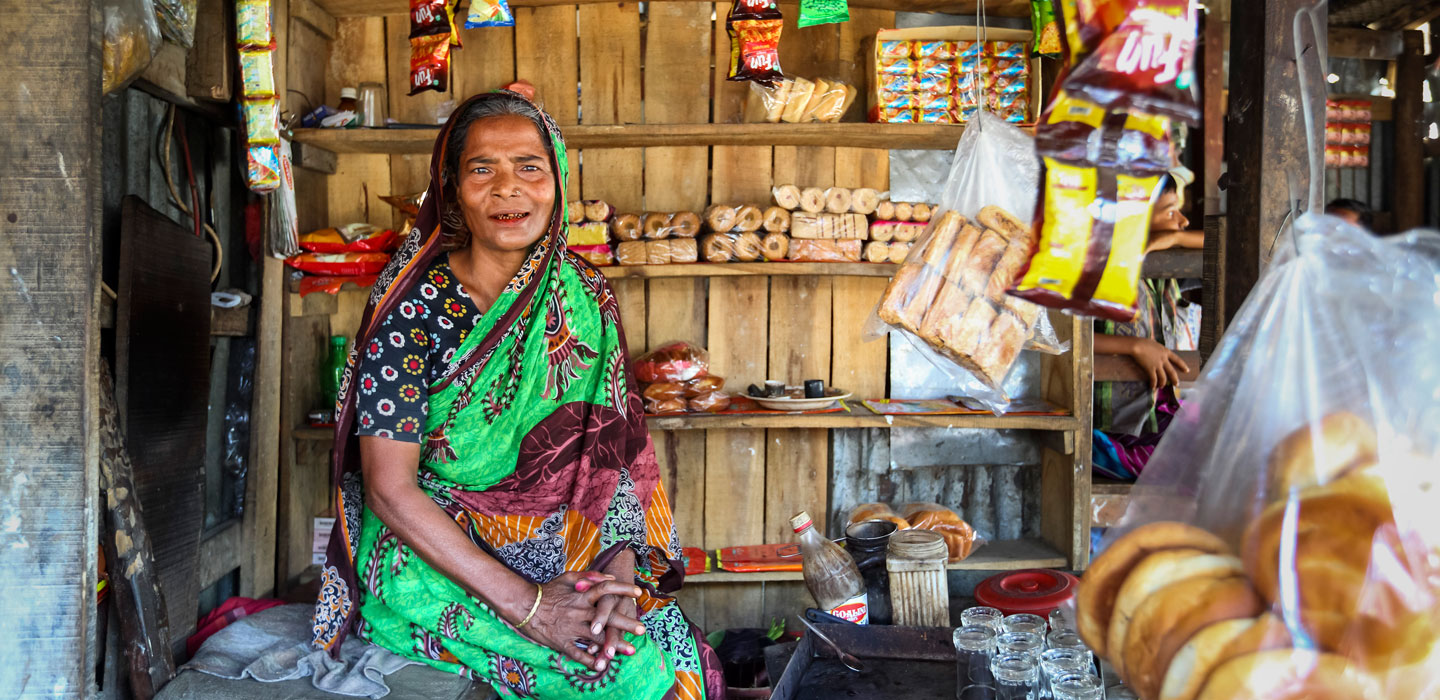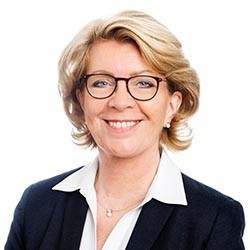Countries worldwide are stepping up to support rural farmers living in poverty
IFAD Asset Request Portlet
Asset Publisher
Countries worldwide are stepping up to support rural farmers living in poverty
Estimated reading time: 3 minutes
The COVID-19 pandemic has been hard on smallholder farmers in low-income countries who have struggled to access to markets, labourers, technology, and key resources amid physical distancing mandates, shifting government funding priorities, and plunging income levels.
IFAD has been throwing a lifeline to farmers around the world through its Rural Poor Stimulus Facility, a COVID-19 stimulus fund. The organization recently disbursed a US$900,000 grant to provide farmers in Northern Nigeria with fertilizer and climate-resilient seeds that will help them improve their next yields.
This intervention is ultimately designed to ensure people have enough food to eat and can get back on their feet economically.
“I am very happy to be among the beneficiaries who will collect rice seed and fertilizer,” said Ige Abdullahi Yarkofoji, a farmer from the Rini community, located in the Bakura area of Zamfara State, in a statement. “This will enable me to cultivate the half hectare of rice I have under irrigation for this year’s dry season. I will be able to increase my income and food security despite the COVID-19 pandemic.”
Examples like this, multiplied by millions, are why a cascade of countries are significantly increasing their commitments to IFAD as part of its 2022-2024 replenishment programme.
Since 1978, IFAD has supported approximately 518 million people in rural areas through US$23.2 billion in grants and loans that help farmers improve their yields and livelihoods, protect communities against climate risks, advance gender equality, and boost the employment and entrepreneurial prospects of young people.
In recent months, dozens of countries have pledged more than a third of IFAD’s US$1.5 billion goal for new funding for its next program period. Reaching this goal will help IFAD and its partners to deliver US$11 billion in funding for climate-smart agricultural development and hunger alleviation between 2022 and 2024.
In 2020, countries such as Sweden, Finland, Luxembourg, São Tomé and Príncipe, and Uganda all pledged to increase their contributions to IFAD. Others like Burkina Faso, Côte d’Ivoire, and Mali pledged to at least double their contributions. Even the Vatican, inspired by the Fund’s work, announced its first ever contribution to IFAD.
“Today more than ever the international community must join forces to prepare for and achieve a future that is sustainable, inclusive, and just for all," said Cardinal Pietro Parolin, the Secretary of State of His Holiness the Pope, in a statement in December 2020.
At the One Planet Summit in January, France’s President Emmanuel Macron increased the country’s commitment to IFAD by 50 per cent, having been particularly moved by IFAD’s commitment to empowering youth after a meeting with Idris and Sabrina Elba, United Nations’ Goodwill Ambassadors for IFAD. This increase has been followed by a wave of countries — including Mauritania, Burundi, Ghana, Madagascar, and Laos — increasing their pledges by 50 per cent or more.
Other African countries such as Malawi, Sierra Leone, and the Gambia have returned as contributors during this replenishment period. Many of the countries that benefit the most from IFAD are either first-time donors or will increase their commitments to the organization, underscoring how effective it has been over the years in alleviating poverty, improving food security, and expanding climate resilience. Senegal — a country reeling from the impact of droughts and flooding from climate change — committed to increase its pledge by 100 per cent.
“We share IFAD’s vision of vibrant rural communities where people live free from poverty and hunger,” the leaders of Angola, Benin, Burkina Faso, Côte d’Ivoire, Ethiopia, the Gambia, Kenya, Senegal, Sierra Leone, and Togo wrote in a recent open letter.
“Investing in building the resilience of rural people is now more important than ever in order to secure food supplies, safeguard rural livelihoods, ensure that progress made over the years is not lost, and prevent more rural people from falling into poverty and hunger,” they said.
IFAD targets rural areas that have the highest rates of poverty and food insecurity in the world, a crisis that has been worsened by COVID-19. The number of people facing acute food insecurity has doubled to 270 million since the pandemic began, according to estimates.
IFAD is helping farmers increase their yields and stabilize their incomes during this global emergency, providing critical grants and resources to communities in need. But food insecurity, poverty, and climate vulnerability didn’t begin with COVID-19. In the years ahead, IFAD needs more funding to empower farmers and rural populations.
This story was originally published by Global Citizen.
Publication date: 15 February 2021